Julius Caesar Month
If it weren’t for Julius Caesar, we would now be enjoying the dog days of summer during the months of Quintilis and Sextilis. However, the Julian calendar, designed by mathematician and astronomer Sosigenes, turned a 10-month calendar into a 12-month calendar. In 44 B.C. the Romans renamed Quintilis as Iulius (July), in honor of Julius Caesar. Then in 8 B.C., they renamed Sextilis as Augustus (August), in honor of his Julius’ nephew, Augustus. That said, Happy Quintilis!
In 48 B.C. Julius Caesar, a tremendous military man and political leader, chased his son-in-law, Gnaeus Pompeius Magnus (Pompey), into Alexandria. After Caesar’s daughter, Julia, passed away, Pompey sided with the conservative faction of the Roman Senate. Unhappy with his son-in-law taking liberties and combatting him for the leadership of the Roman state, Caesar entered into a civil war with Pompey in Pharsalus, Greece. Though outnumbered by Pompey’s troops, Caesar won the battle, claimed victory, and forced Pompey to flee into hiding in Alexandria, Egypt.
Caesar was not just a great warrior; he was also a man of great publicity and dramatic flair. He may not have been an academic, but he understood the power of propaganda. Thus, he followed Pompey into Alexandria with intentions to frighten his son-in-law. His intentions may not have been to murder Pompey, but due to poor communications with his allies, his plans to generate “Caesar appreciation” fell short. When Caesar arrived in Alexandria, a land under rule by Cleopatra and her brother/husband Ptolemy Theos Philopater XIII, Caesar’s plans fell through.
Under Ptolemy XIII’s command, and unbeknownst to Caesar, Ptolemy brutally decapitated Pompey. Ptolemy then had his tutor, Theodotus, sail out to Caesar’s ship carrying the head of Pompey. Pompey’s murder infuriated Caesar, who had a reputation of showing mercy on his rivals. He often would send them back to their land to continue in their positions in society. Again, Caesar was a man of marketing and drama. Ptolemy diminished Caesar’s Public Relations stunt to “show” Pompey forgiveness. Ptolemy’s actions set the wheels in motion for Caesar to remove Ptolemy XIII’s seat as ruler. As such, he stayed in Alexandria and set out to acquaint himself with Cleopatra.
Cleopatra was charming. She spoke over 12 languages and understood mathematics, philosophy, and astronomy. Cleopatra had a reputation of greeting visitors by speaking in their native tongue while holding them intellectually captive in her presence. Thus, Cleopatra made good use of the Library’s astounding resources, scrolls, scholars, and academics, all for her erudite advantage. If smart is sexy, Cleopatra was beguiling. As such, during Caesar’s stay, they became lovers, both entering into the liaison with ulterior motives. Soon after the affair began, Caesar decreed Cleopatra and her younger brother Ptolemy XIV as co-rulers of Rhodes with the intention to buy time and honor in Alexandria.
Eventually, Ptolemy XIII realized that his sister/wife was in an intimate relationship with Caesar and that she had intentions to remove him from office. Ptolemy XIII then consulted with his regent and chancellor, Pothinus, and his general, Achillas, and they devised a plan to kill Caesar.
According to the famed biographer Plutarch, Caesar learned of Achillas’ and Pothinus’ malicious intentions from his barber while they were celebrating the new rule under Cleopatra and her brother, Ptolemy XIV. Caesar knew his demise was only a matter of time, and so he placed a guard in the hall outside of the feast and then proceeded to kill Pothinus. Achillas quickly escaped and ran to alert Ptolemy XIII’s army. Achillas was intent on creating a civil war to protect his leader, Ptolemy XIII. Caesar did not have the advantage in this brooding fight, and he knew that. His army was too small. As such, Caesar sent out a messenger to call for more Roman troops.
Unfortunately, for Caesar, Ptolemy knew what Caesar intended to do, and so he blocked Caesar’s army and cut communication off by sea. Caesar, now at a disadvantage, created disorder by setting fire to his own ships, which would, in turn, set fire to the docks. However, the fire spread.
This blazing inferno then caught on to the museum and finally on to the treasured library. As a result, the fire resulted in significant and irreparable damage to the scrolls. The destructive flames were the first of many elements to extinguish the Library of Alexandria, as well as Ptolemaic and Hellenistic academia.
Ptolemy XIII eventually died in this battle when his ship sank, and once again, even though Caesar had a smaller military, he won the battle. Caesar then left Alexandria and Cleopatra soon after gave birth to Caesarion, a child that Caesar never officially acknowledged as his son.
When Caesar returned from Egypt in 46 B.C. as a dictator, there was a three-month discrepancy between the seasons and their calendar date. Harvest celebrations were taking part long before crops would grow. Caesar grew challenged by the priests who were at liberty to dictate dates and times at their desire. Without notice, they had slipped in the intercalary month called Mercedonius. It was a challenge to track the annual Cycles, structure the seasons, as well as navigate military through the waters using celestial guidance. As such, with the advice of the astronomer Sosigenes, Caesar created a new calendar, which also served as ideal propaganda. According to Plutarch, Caesar “called in the best philosophers and mathematicians of his time to settle the point, and out of the system’s he had before him, formed a new and more exact method of correcting the calendar, which the Romans used to this day, and seem to succeed better than any nation in avoiding the errors occasioned by the inequality of the cycles.” As such, the mathematicians were able to structure the year in such a way that the year held 365 days with four equivalent seasons.
Though his calendar was more of a covert marketing operation, Caesar was also overt in his persuasions. He was quite adept at putting fear into the people using his military stories and exploits. Caesar’s book Gallic Wars is often called one of the best pieces of propaganda ever written. Biographer Plutarch also made often mention of Caesar’s adventures, which continued to elevate Caesar to a warlord level. In addition to his stories, he would also hold festivities, celebrations, and processions for the victories that he accomplished. Caesar knew that words have power, and as such, in his report to the Senate announcing his victory over Pharnaces II of Pontus, he stated, “Veni, vidi, vici,” which became the infamous phrase, “I came, I saw, I conquered.” Finally, Caesar’s most valuable form of propaganda came in the form of currency: coins. With his face on every coin, he became a daily reminder to his people that he was the legendary Julius Caesar.
Caesar’s travels took him to Asia, Syria, Armenia, Italy, Africa, and back to Rome. Plutarch writes, “Caesar was born to do great things and had a passion after honor, and the many noble exploits he had done did not now serve as an inducement to him to sit still and reap the fruit of his past labors, but were incentives and encouragement to go on, and raised in him ideas of still greater actions, and a desire of new glory, as if the present were all spent.”
According to Plutarch, the day before Caesar’s last breath, Caesar had met with his soothsayer who said to him, “the Ides of March are come.” Caesar answered, “Yes they are come, but they are not past.” On March 15, 44 B.C., when Mark Antony was distracted by a long conversation in the hall, Decimus, knowing the outcome of the day, took Caesar’s hand and escorted him into the Senate.
As Caesar walked to his chair, Brutus and his Confederates followed him and surrounded him. According to Plutarch, Caesar walked in and sat down. The Senate was requesting that he release Tellius Cimber’s brother from prison. Unbeknownst to Caesar, this was only a ruse. When Caesar refused to comply with the requests of the Senate, and instead admonished the Senate for such appeals, Tellius gave the signal for the assault. Casca was the first to cut him in the neck. Though it was the second stab to the heart that took Caesar’s life, the men of the Senate stabbed him 23 times. With his toga saturated in blood, Caesar released his last breath in the curia of Pompey’s Theater, which was a caustic location for a leader who inadvertently had Pompey murdered.
Before his funeral and shortly after his passing, the Senate opened Caesar’s will. They had found that Caesar had left a large amount of heritage to each of the Roman citizens. Upon hearing this, the citizens grew angry at Caesar’s passing. At his funeral, they started a fire and proceeded into the city to find the conspirators that murdered their leader. Whether this was propaganda or whether this was the truth, Caesar left his life in as a dramatic fashion as he lived it.
Yes, Julius Caesar was a tremendous military man. However, he was also clever with propaganda. He was also very adept at accusations, falsehoods, and manipulations, all for political gain. The more his kingdom was under threat, the more propaganda he created. His efforts paid off, and, as a result, his name, his reputation, and his legendary military aptitude live on for over 2000 years after his death.
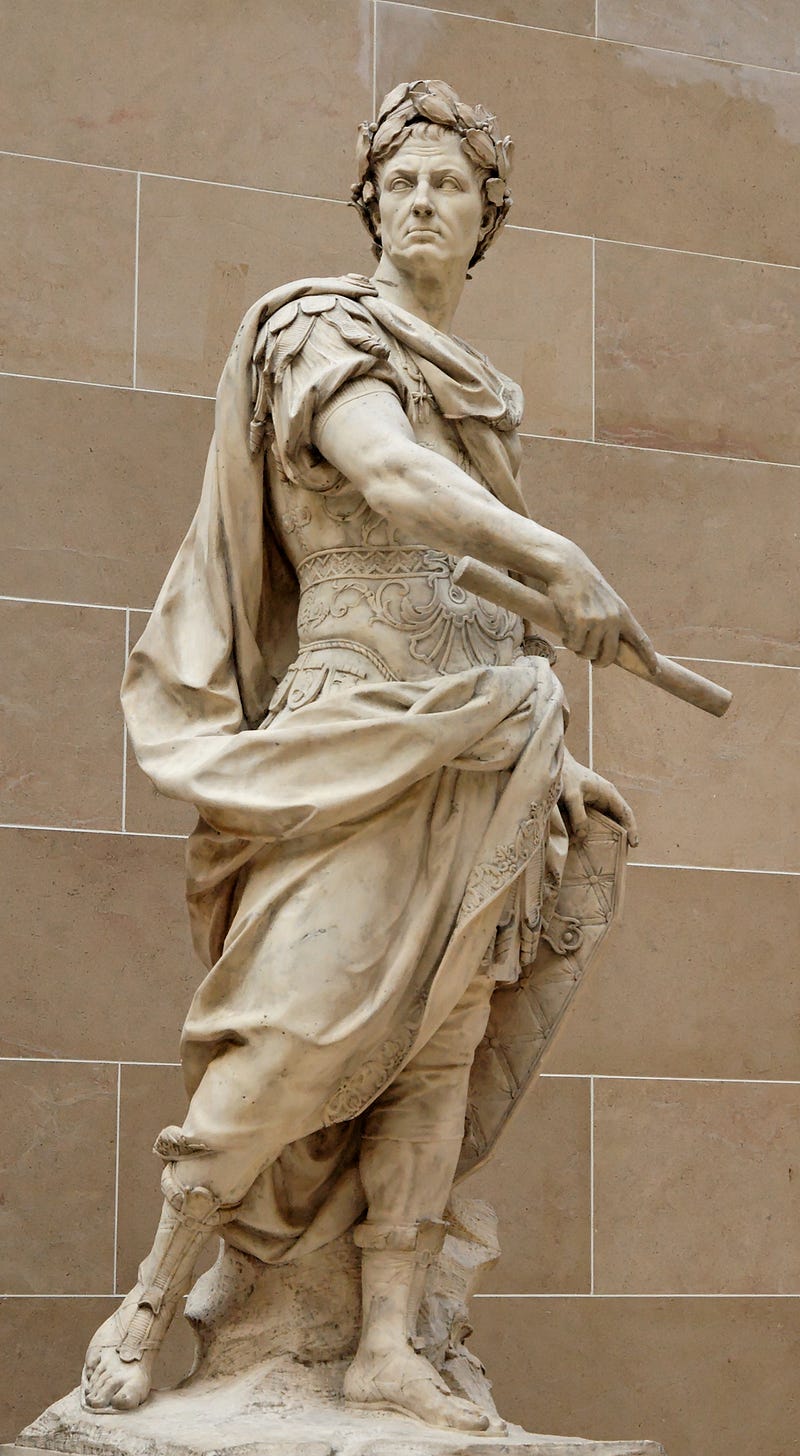
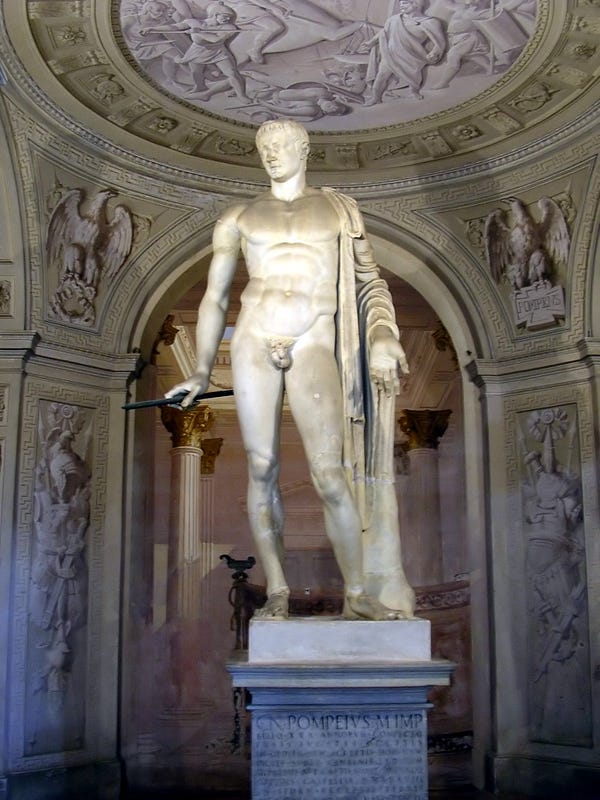
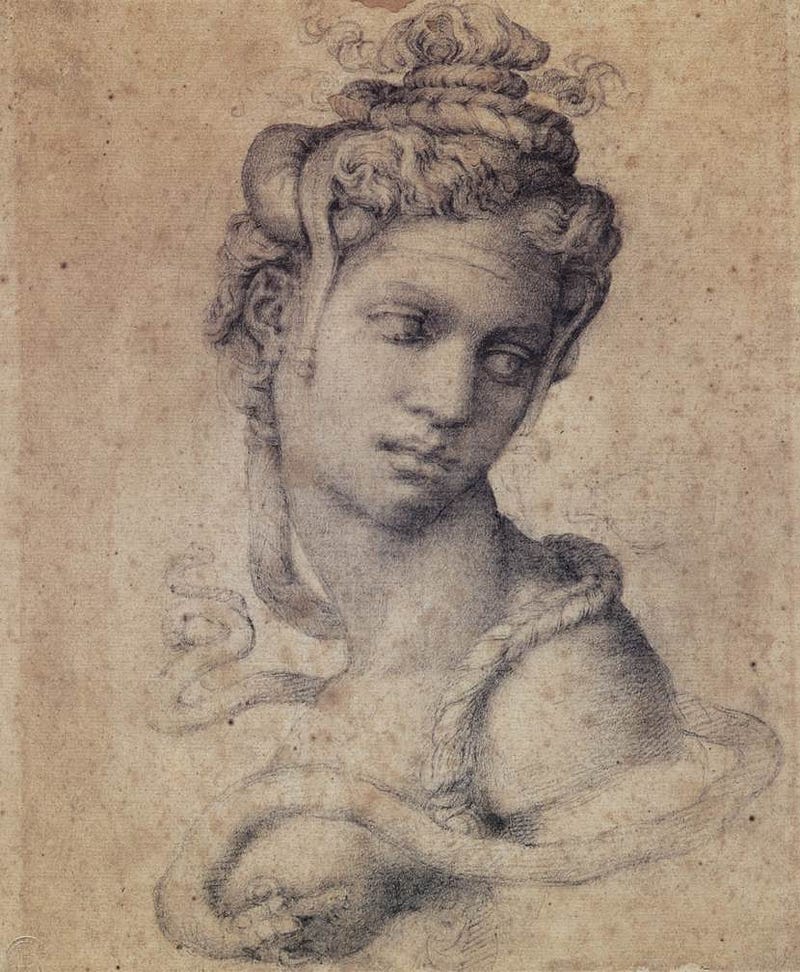
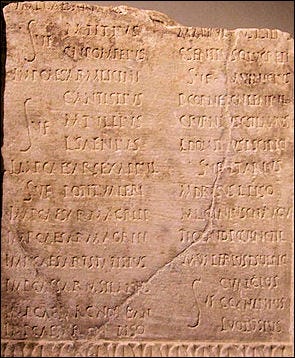
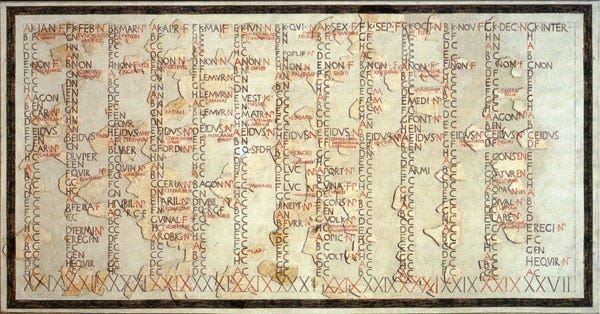
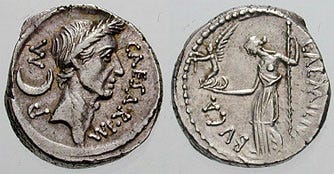
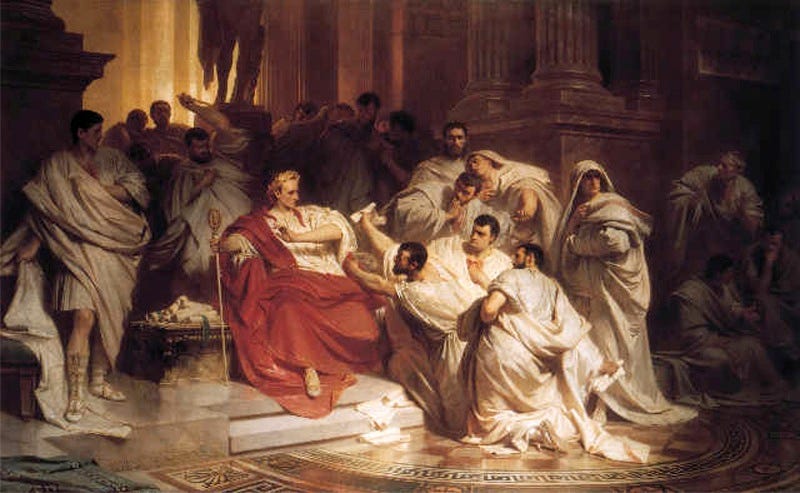
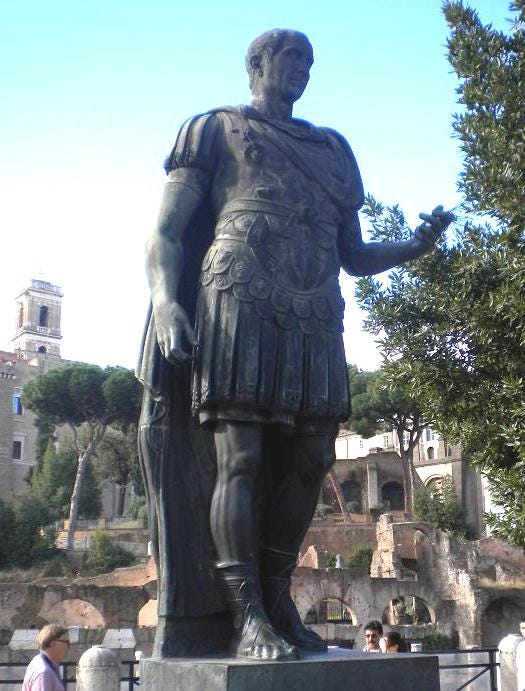

Comments
Post a Comment